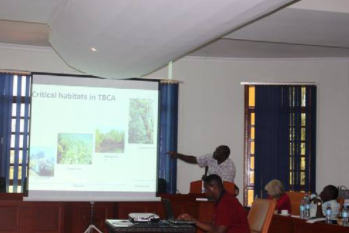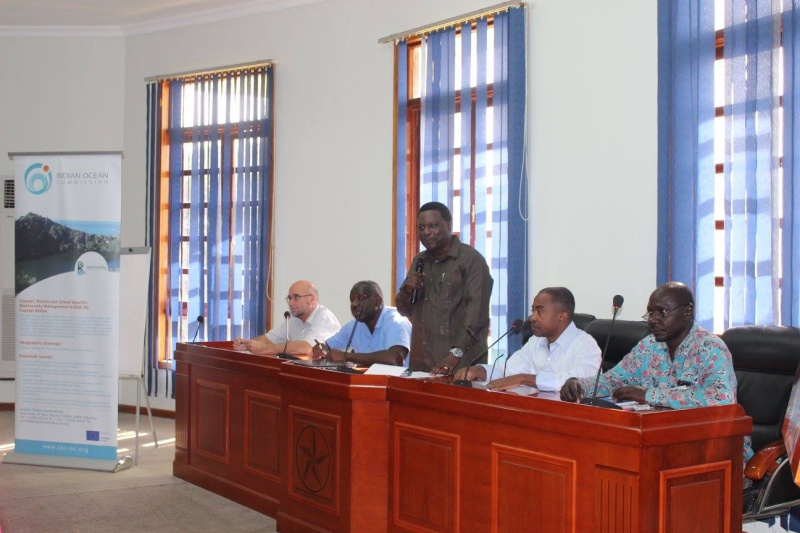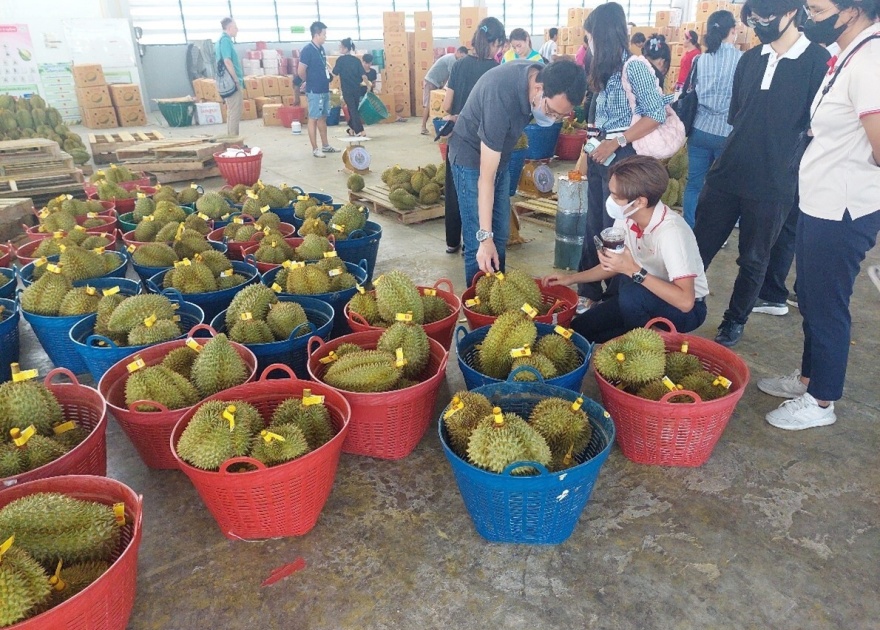Kenya and Tanzania plan transboundary conservation area as part of Landell-Mills-managed Indian Ocean Commission (IOC) Biodiversity Programme
As part of the Landell-Mills-managed Indian Ocean Commission (IOC) Biodiversity Programme supported by the EU, Kenya and Tanzania are planning to establish a Transboundary Conservation Area (TBCA). The countries share biodiversity-rich coastal and marine ecosystems on which vital socioeconomic activities are based, such as tourism and fisheries.
Recently, the regional Biodiversity programme organised a workshop in Tanga, Tanzania, to address the issue of sustainable management of shared resources. A broad range of stakeholders, including representatives of protected areas and wildlife management institutions, fisheries departments, research institutes, NGOs, and local authorities attended the workshop in order to identify preparatory activities for taking the TBCA forward.
The initiative is a response to a decision by the 8th Conference of Parties of the Nairobi Convention (June 2015) which requested contracting parties and partners to support a cross-border management system of the transboundary marine protected area between Kenya and Tanzania. The aims of the proposed TBCA include strengthening the capacity for restoring ecosystem health, as well as piloting ecosystem-oriented approaches into spatial planning, water management, agriculture, forestry, fisheries and protected area management in Kenya and Tanzania.
The workshop highlighted some of the lessons learnt from other TBCAs such as the need for political commitment, mutually agreed objectives and transparency in the governance structure, along with regular communication and joint management.
The presentation also emphasised that the TBCA initiative should identify and focus on activities and issues that require transboundary collaboration, as well as continuing to support national efforts. The agreed preparatory activities include regional baseline surveys and assessments of existing information to identify knowledge gaps, along with awareness-raising and stakeholder engagement at community, local and national government and regional levels.




